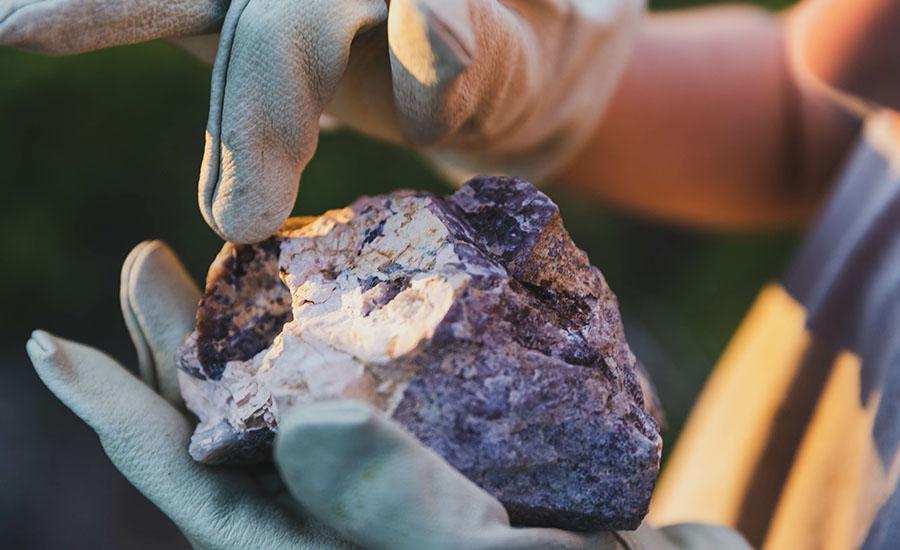
Nanotechnology: Nanoscale
by Terri Schilling
This lesson on nanotechnology for 4th and 5th graders introduces students to the concept of scale by exploring the incredibly small measurements used in nanotechnology. Through engaging activities, students visualize and compare different units of measurement, from meters to nanometers, using rulers, string, and magnifying glasses. Real-world examples and interactive discussions help students understand the practical applications of nanotechnology. This hands-on, visually oriented approach ensures students grasp the abstract concept of nanoscale and its significance in modern science and technology.
Lesson Plan Link/URL
https://docs.google.com/presentation/d/1i05qpdVtJ2R6dZzMZAQ_LKFKmLKHq-ld/edit?u…Related Content

Grades:
Kindergarten, 1st Grade, 2nd Grade, 3rd Grade, 4th Grade, 5th Grade, 6th Grade, 7th Grade, 8th Grade
Most students are likely familiar with popular films like Happy Feet, Surf’s Up, Penguins of Madagascar, and classic books like Mr. Popper's Penguins. Capitalizing on this familiarity with penguins

Grades:
3rd Grade, 4th Grade, 5th Grade, 6th Grade, 7th Grade, 8th Grade, 9th Grade
An overall view of mining, minerals, and their role in our everyday life. This lesson compares the past, present and future of mining and it's relativity to sustaining our way of life.

Grades:
9th Grade, 10th Grade, 11th Grade, 12th Grade
This STEM Argumentative Research Project engages students in exploring the scientific, ethical, and societal implications of themes in Mary Shelley's "Frankenstein." Students will work in groups to